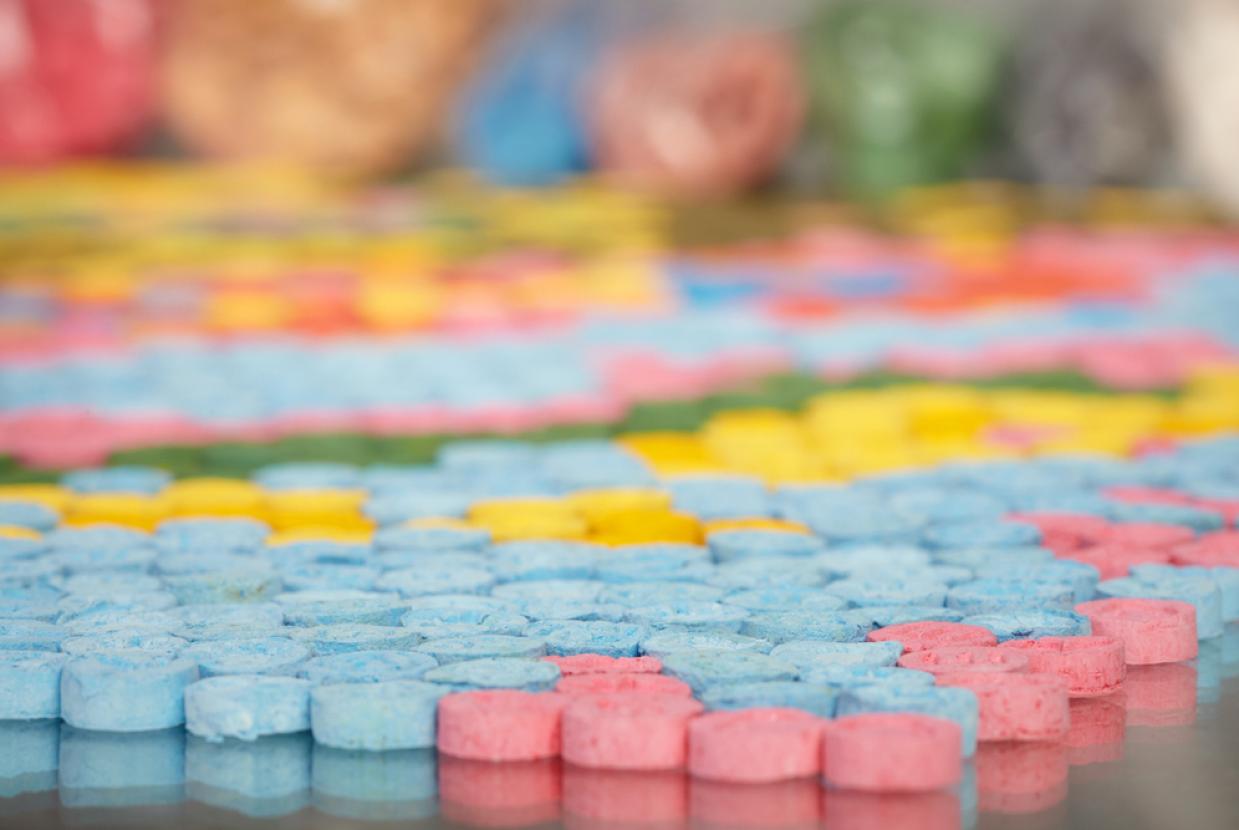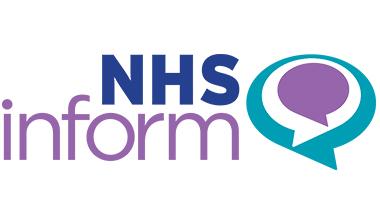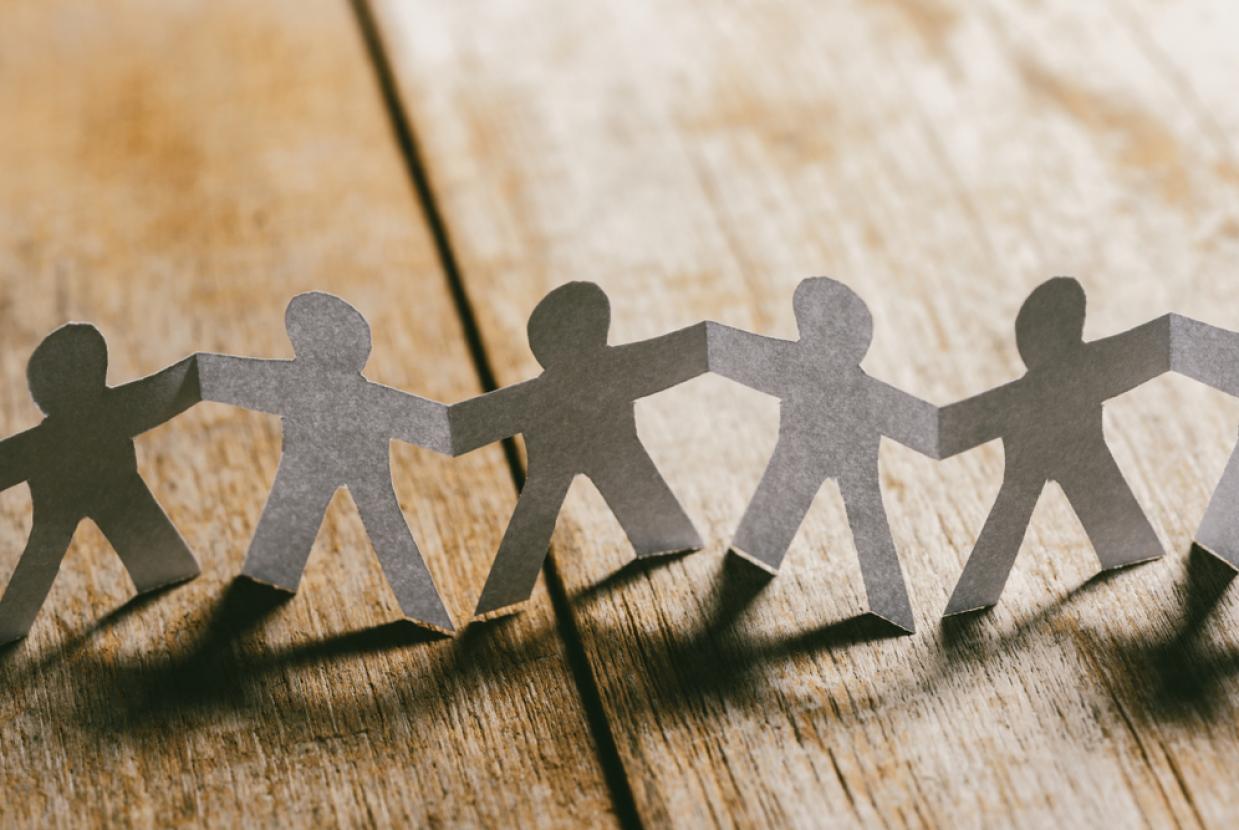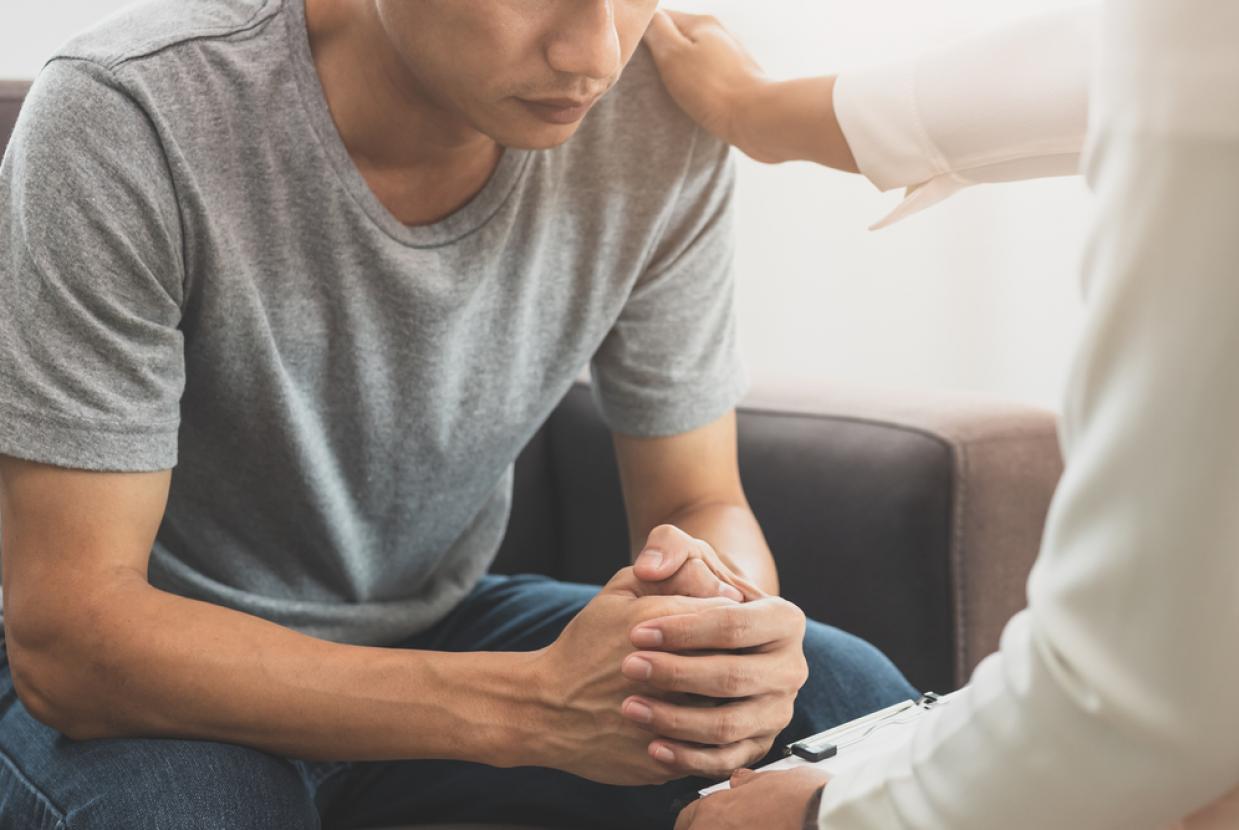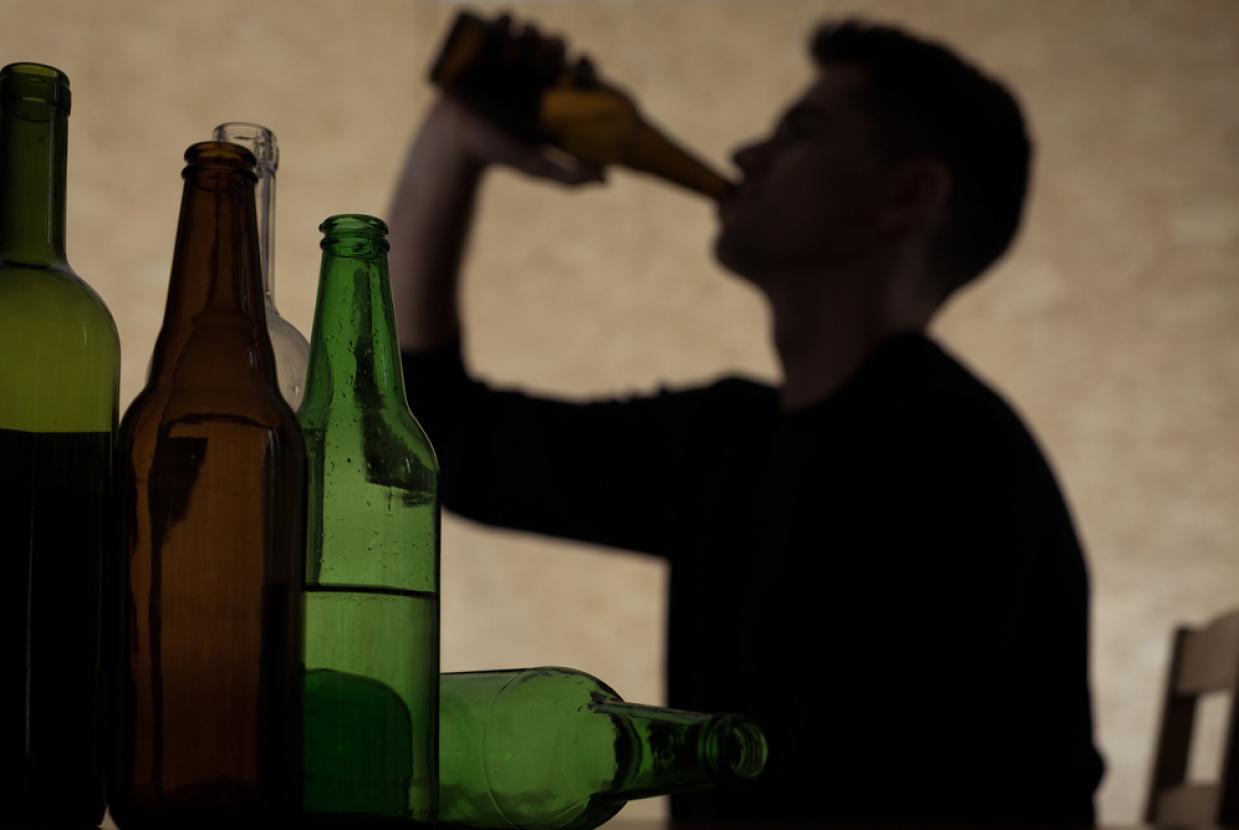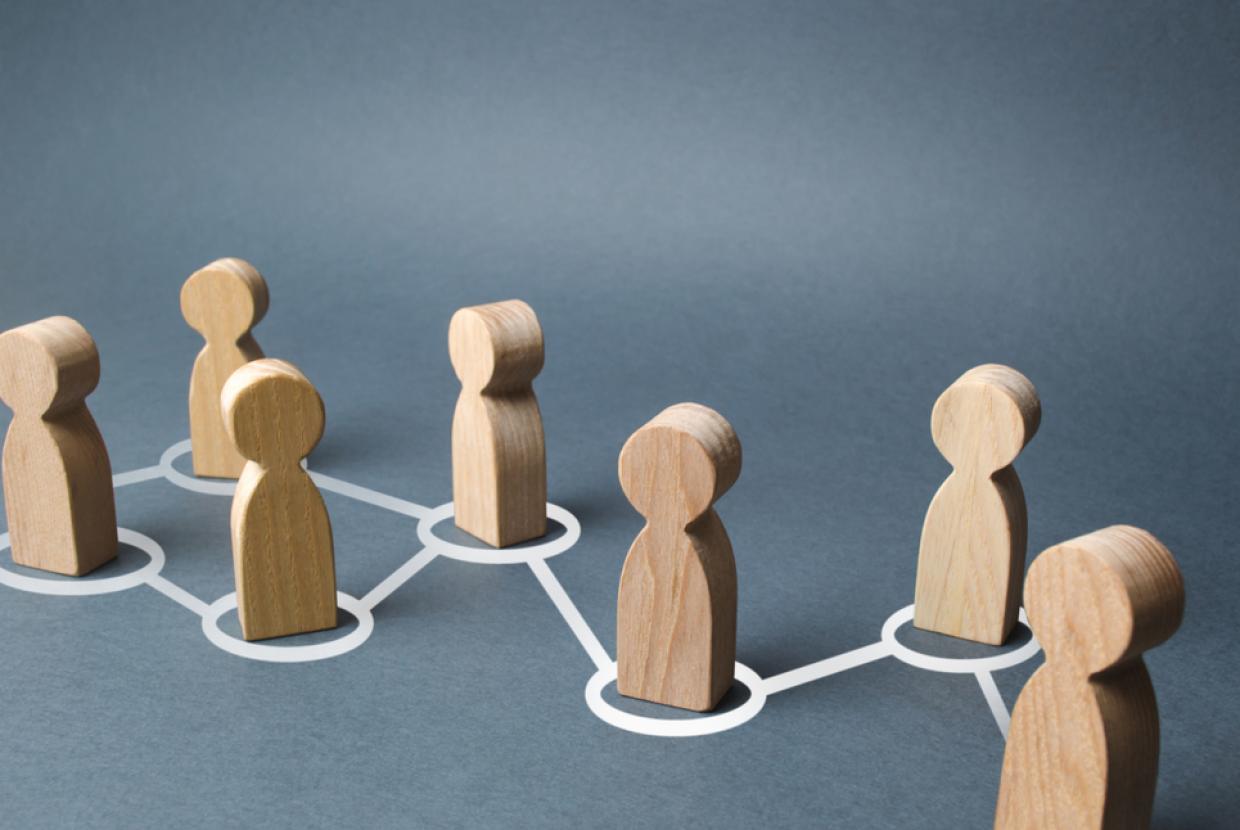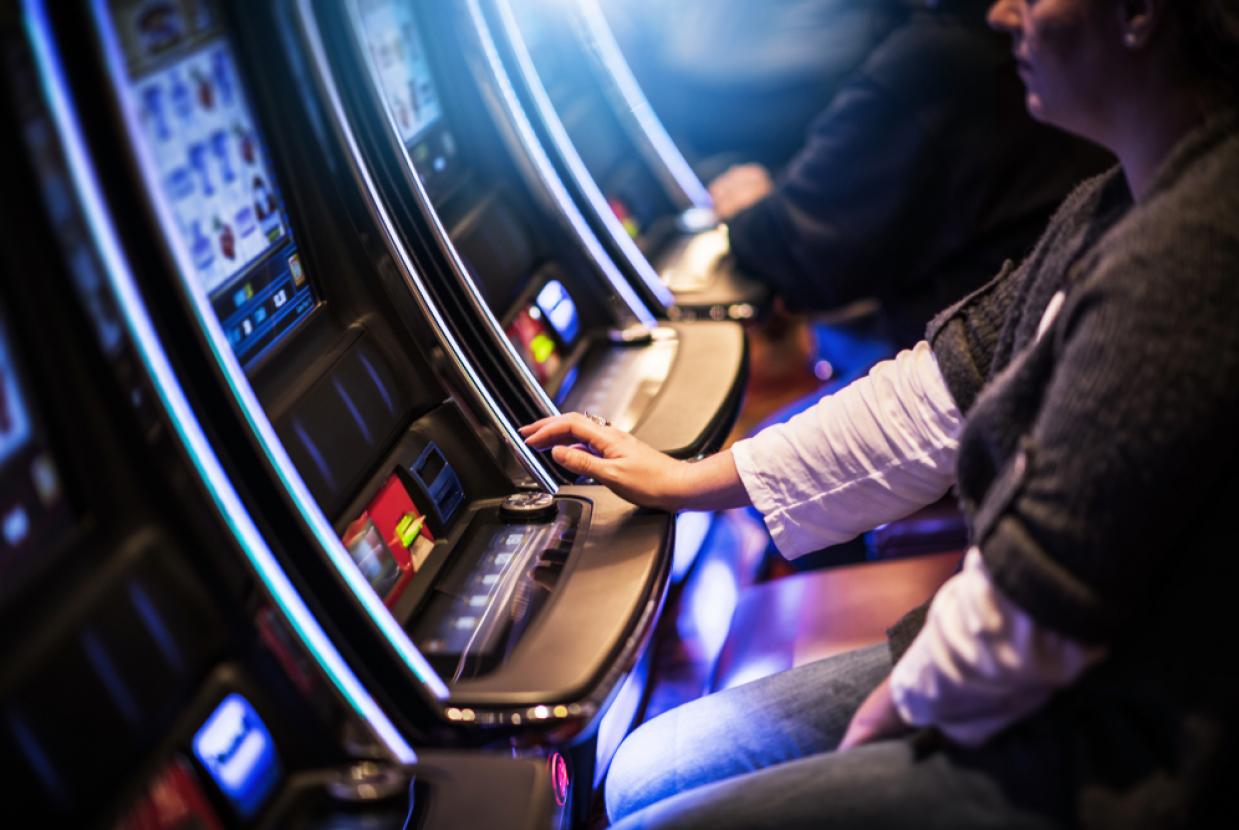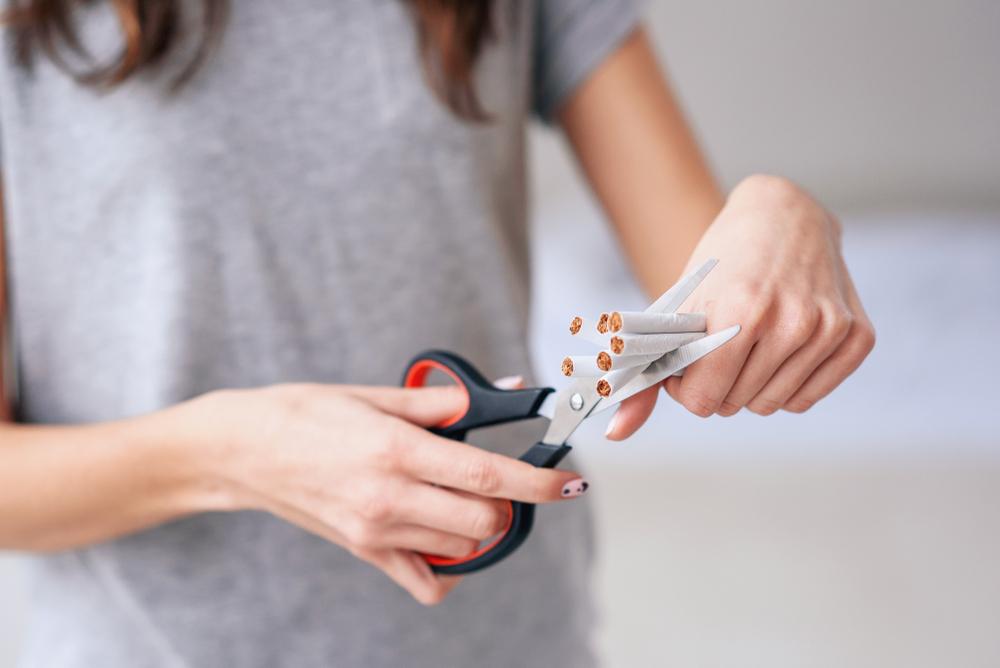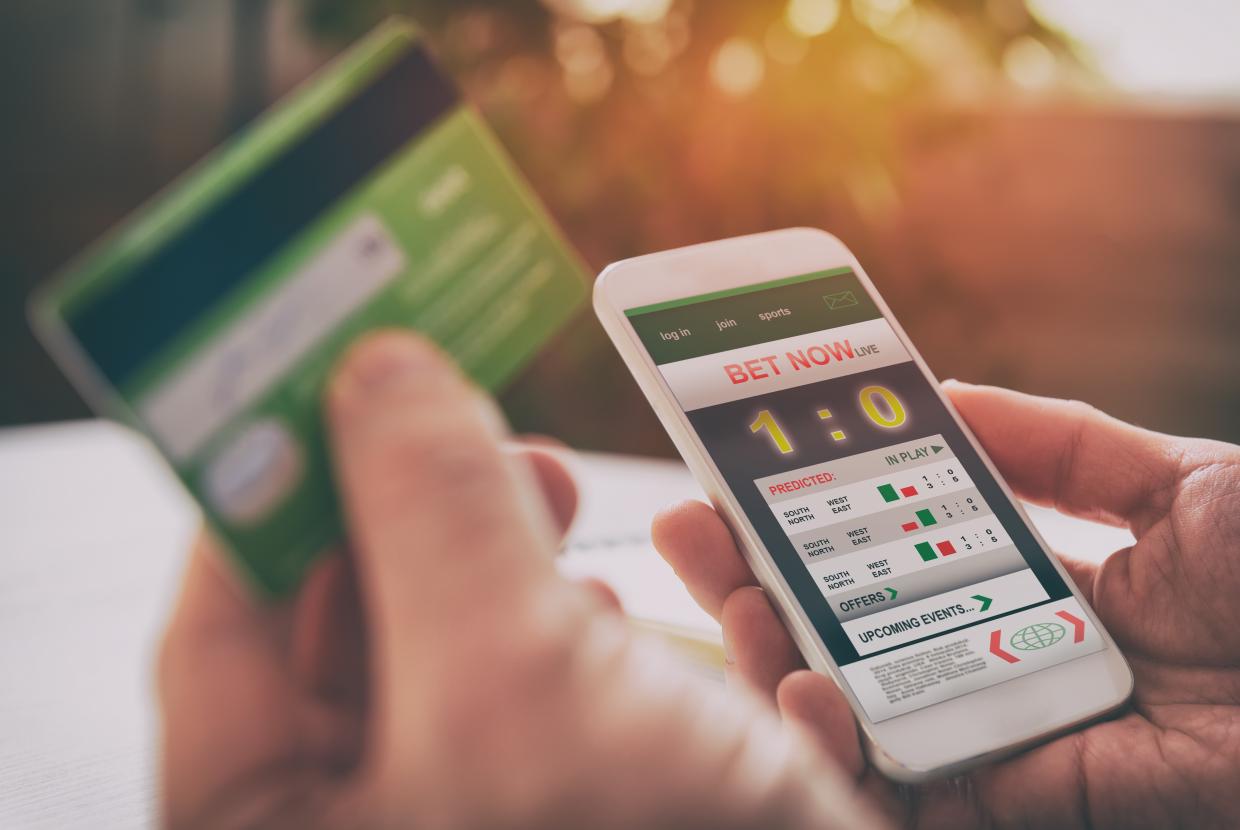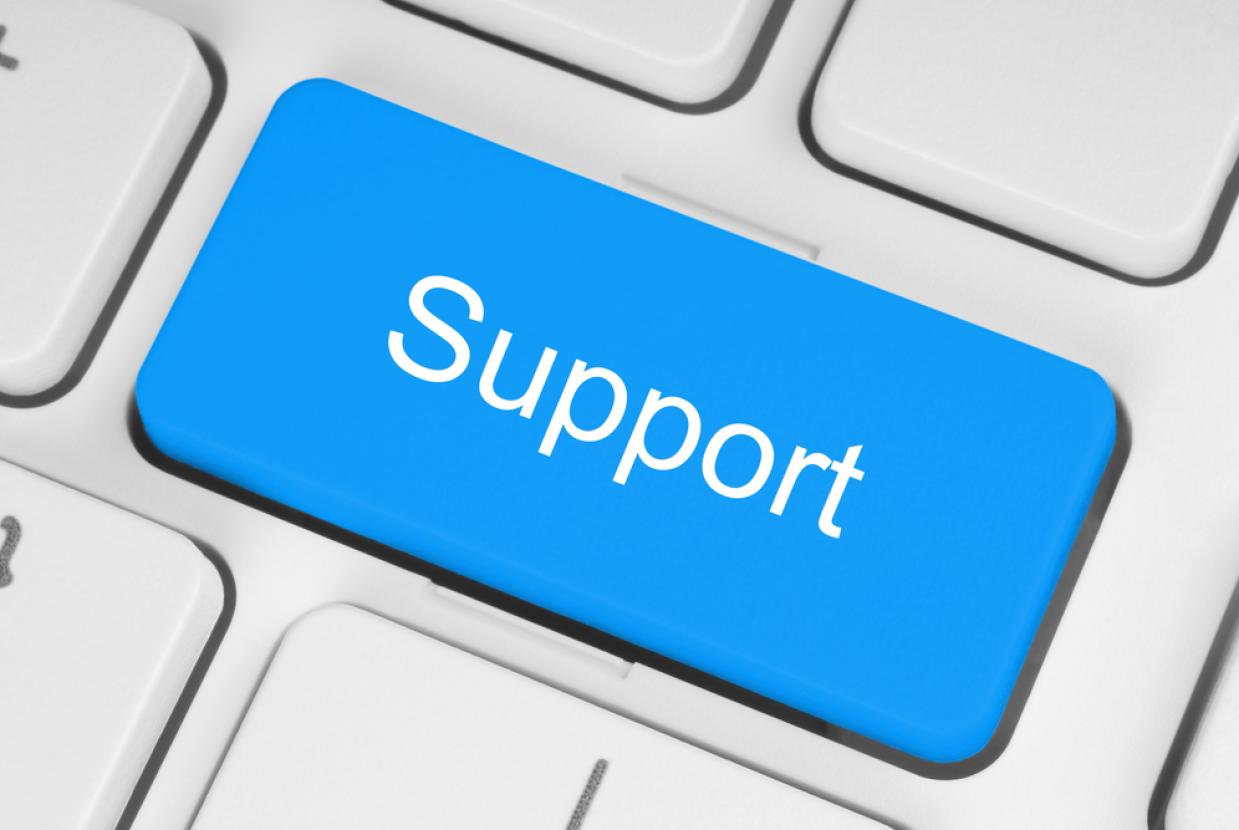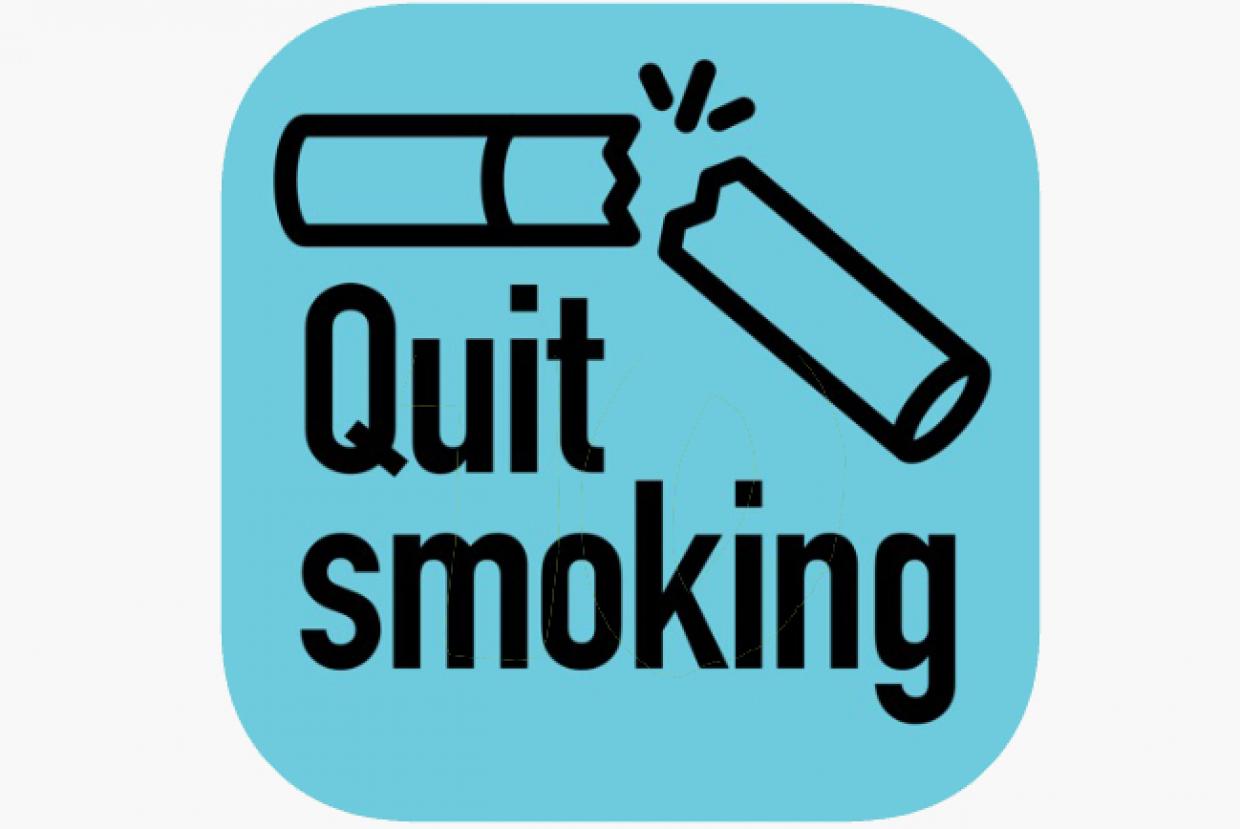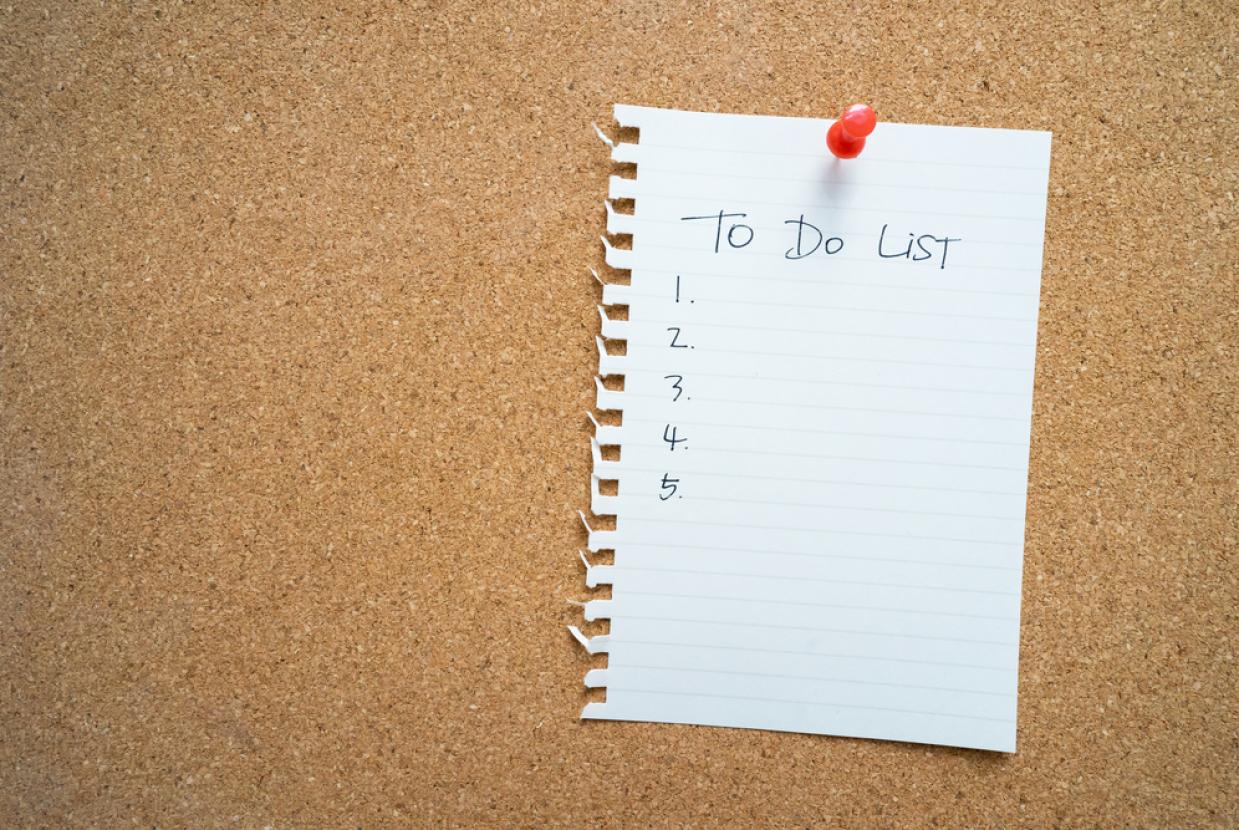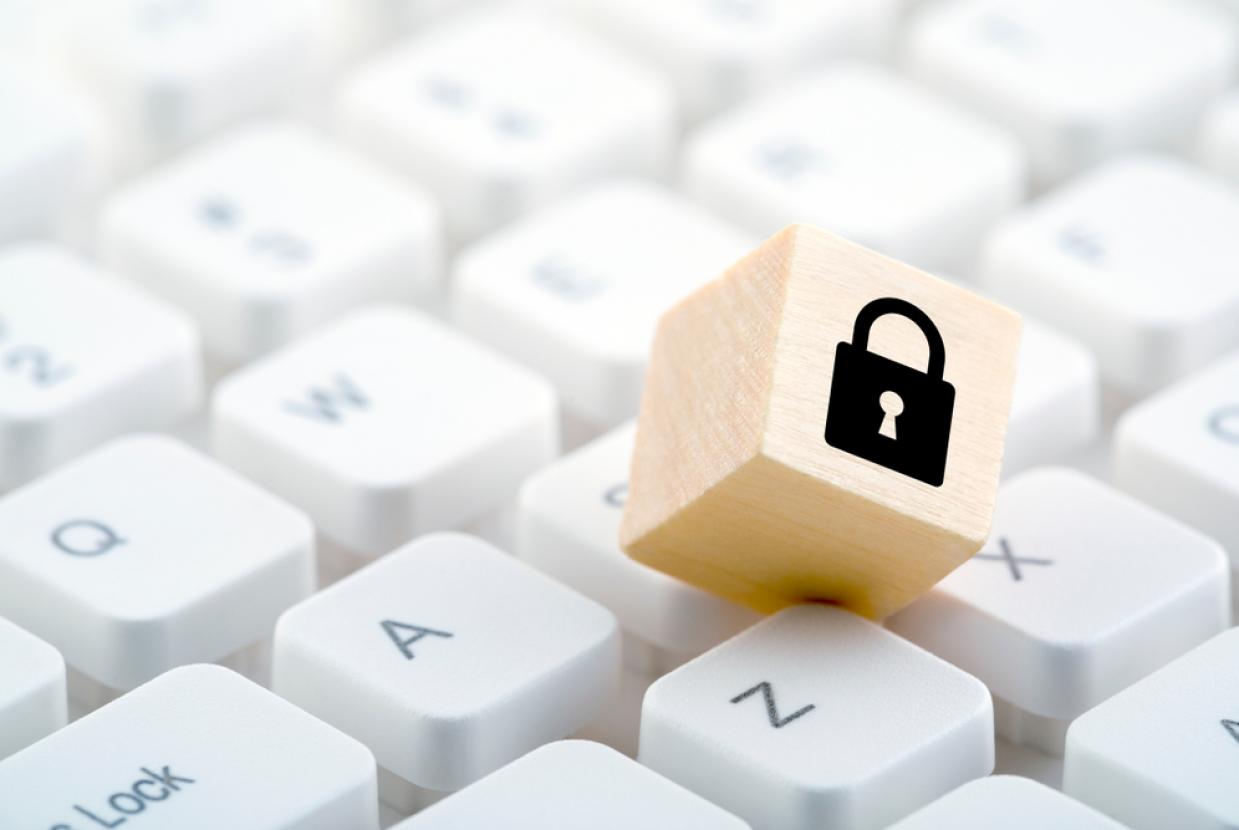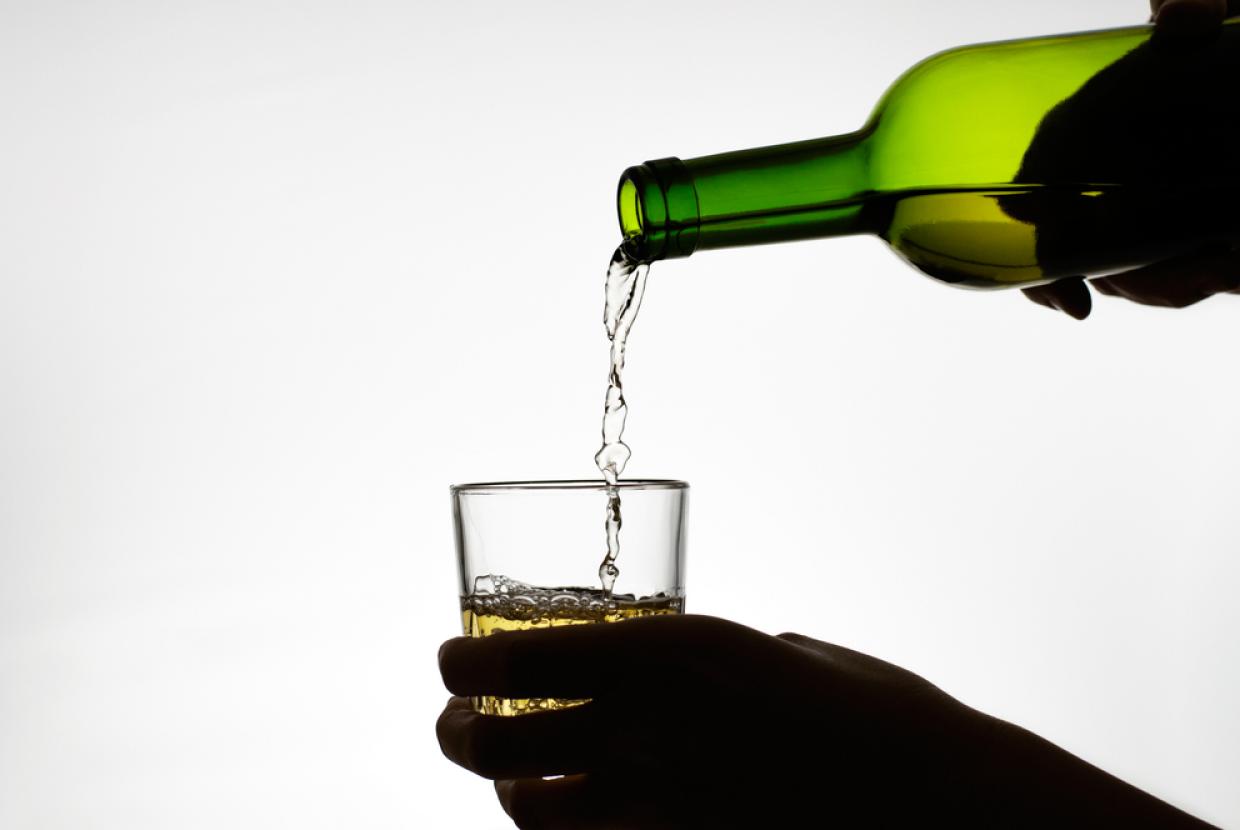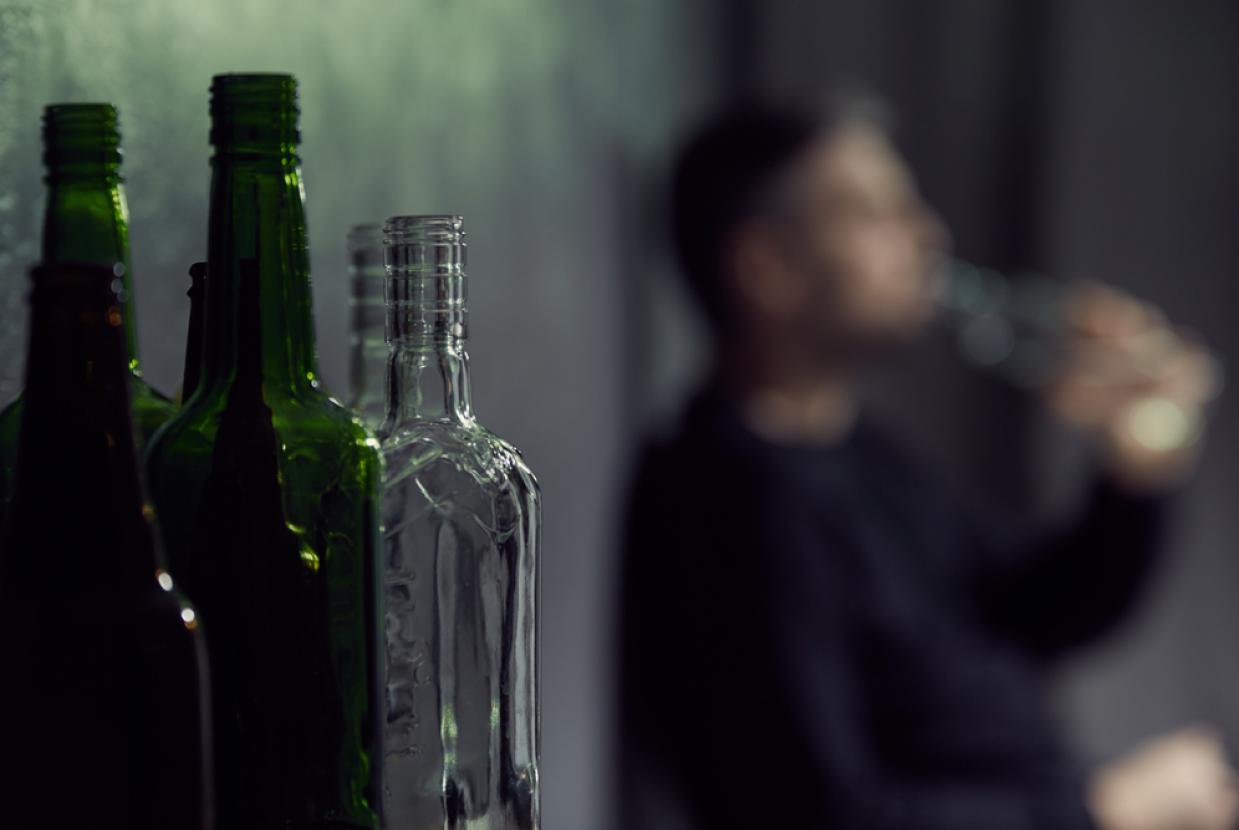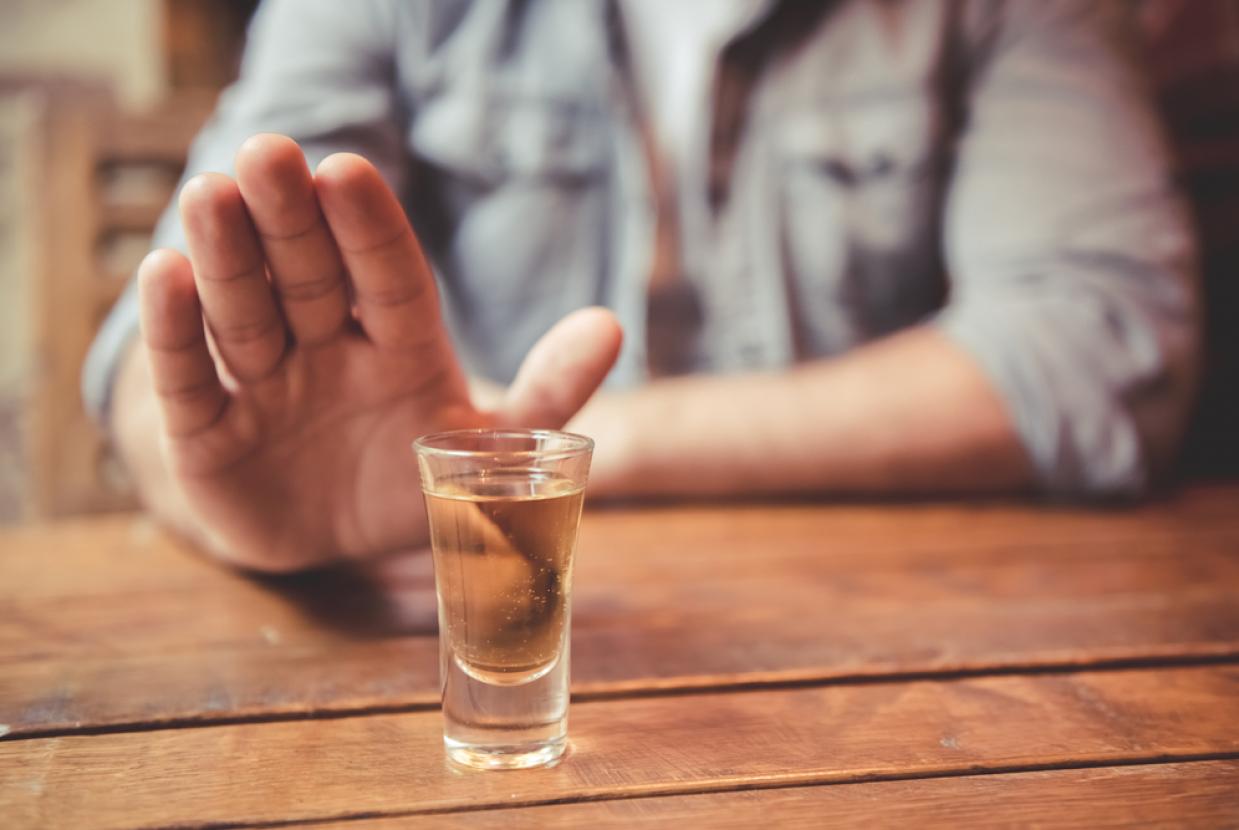MDMA
MDMA is the shortened chemical name for the synthetic psychoactive drug 3, 4-methylenedioxy-methamphetamine.
It can come in powder or crystal form and is also the active ingredient expected to be found in ecstasy pills.
MDMA is a stimulant drug that may increase feelings of empathy and is usually swallowed.
MDMA is a Class A drug under the Misuse of Drugs Act (1971).
What you need to knowYou can’t be sure how you might react to MDMA or particular dose as everyone is different.
Start low and go slow – start with a small amount/test dose and wait for at least 2 hours before taking any more as the MDMA may not have taken full effect.
Short-term physical side effects can include:
- dilated pupils
- a tingling feeling
- tightening of the jaw muscles
- raised body temperature
- increased heart rate
You won’t know whether it is MDMA or potentially some other more toxic, harmful or longer lasting substance. Some ecstasy pills contain large amounts of MDMA, adding to the risks. You can also never be sure that any pill (or powder or liquid) actually contains what you’re told it does.
Pills, powders or crystals containing other drugs but sold as MDMA may take longer to take effect, so it is important to wait at least 2 hours before re-dosing, or even better avoid re-dosing altogether.
Risks of MDMA useWith repeated use, MDMA depletes serotonin, a hormone that regulates mood and feelings of wellbeing. Over time this may increase your risk of experiencing anxiety and depression.
Selective Serotonin Reuptake Inhibitors (SSRIs) and some other medications prescribed for mental health conditions can dull the euphoria people seek from MDMA and it may be tempting to take more to reach the desired effect.
This will put more strain on the body rather than improve the experience, and can lead to an increased risk of a serious condition called serotonin syndrome.
Avoid taking MDMA with other drugs, including alcohol and certain medicines.
Stay hydratedUsing MDMA can lead to overheating and dehydration. This risk is greater if people are in a hot environment, like a club, without taking breaks.
It is important to stay hydrated – especially when taking MDMA and similar drugs. To stay hydrated aim to drink half a pint (284mL) of water per hour.
Avoid drinking too much water as this also has risks. This is because MDMA can cause the body to release a hormone which stops it making urine, and drinking too much water can affect your body’s salt balance.
In an emergencyLook after each other and watch out for anyone who is experiencing an adverse reaction to MDMA.
Phone 999 or go to A&E if:You or someone else has taken MDMA and has symptoms like:
- overheating
- fitting
- disorientation
- agitation
- confusion
- becoming rigid
To make sure everyone stays safe, it’s important to be honest about what substances have been taken.
SupportIf you would like help or support related to drug use please visit support for people affected by drugs.
Further informationThe charity Crew provides further information on MDMA.
Further information on dealing with an overdose is available on NHS Inform.


